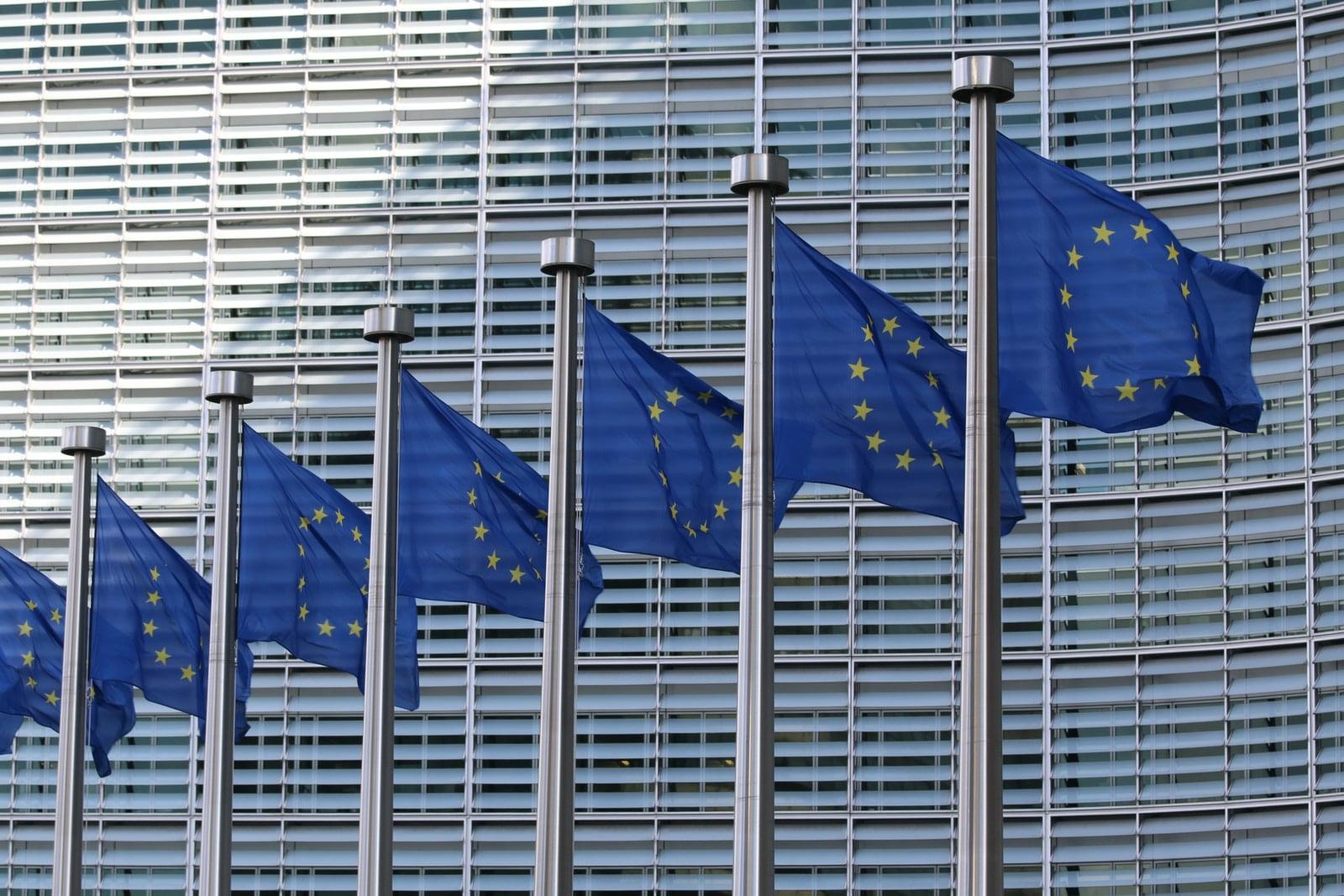The European Commission has adopted yesterday a Communication providing Member States with guidance on the conduct of fiscal policy in 2023.
It sets out the key principles that will guide the Commission’s assessment of Member States’ stability and convergence programmes. It also provides an overview of the state of play on the economic governance review.
The Communication is presented in the context of Russia’s unprovoked and unjustified invasion of Ukraine. In solidarity with Ukraine, the EU has approved an unprecedented package of economic sanctions that will have a severe impact on the Russian economy and political elite. The 2022 Winter Economic Forecast was published on 10 February, two weeks before the invasion of Ukraine. This development negatively impacts the growth outlook and tilts the risks further to the downside. It also further underscores the need for strong coordination of economic and fiscal policies, and for fiscal policies to be adapted in reaction to rapidly changing circumstances. The guidance will be adjusted to economic developments as needed.
Guidance for continued coordination of fiscal policies
The Communication sets out five key principles and draws implications for fiscal recommendations which the Commission will propose to Member States in May 2022 for their budgetary plans in 2023. These principles are:
- policy coordination and a consistent policy mix should be ensured;
- debt sustainability should be ensured through a gradual and high-quality fiscal adjustment and economic growth;
- investment should be fostered and sustainable growth promoted;
- fiscal strategies consistent with a medium-term approach to fiscal adjustment, taking account of the RRF, should be promoted; and
- fiscal strategies should be differentiated and take into account the euro area dimension.
The coordinated fiscal response of Member States to the severe economic downturn resulting from the COVID-19 pandemic, facilitated by the activation of the general escape clause and supported by EU-level actions, has been highly successful. Continued strong coordination of fiscal policies remains key in today’s unstable environment and to ensure a smooth transition towards a new and sustainable growth path and fiscal sustainability. Based on the 2022 Winter Economic Forecast, the Commission is of the view that transitioning from an aggregate supportive fiscal stance in 2020-2022 to a broadly neutral aggregate fiscal stance appears appropriate in 2023, while standing ready to react to the evolving economic situation.
The necessary fiscal response to the COVID-19 pandemic and the contraction in output have resulted in a significant increase in government debt ratios, in particular in some high-debt Member States, though without rising debt servicing costs. Multi-year fiscal adjustment combined with investment and reforms to sustain growth potential is needed to safeguard debt sustainability. The Commission is of the view that starting a gradual fiscal adjustment to reduce high public debt as of 2023 is advisable, while too abrupt a consolidation could negatively impact growth and, thereby, debt sustainability.
Shifting EU economies to a higher sustainable growth path and tackling the challenges of the green and digital transitions should be a top priority for all Member States. While the Recovery and Resilience Facility (RRF), at the heart of NextGenerationEU which will provide up to €800 billion in additional financing, can help secure the twin transitions, the Commission is of the view that nationally financed high-quality public investment should be promoted and protected in medium-term fiscal plans.
Stability and convergence programmes should demonstrate how Member States’ medium-term fiscal plans ensure a gradual downward path of public debt to prudent levels and sustainable growth, through gradual consolidation, investment and reforms.
National fiscal strategies should be appropriately differentiated:
- high-debt Member States should begin a gradual debt reduction, by delivering a fiscal adjustment in 2023, net of contributions from the RRF and other EU grants;
- low and medium-debt Member States should strengthen the necessary investment for the green and digital transitions, aiming at achieving an overall neutral policy stance.
State of play on the economic governance review
The coronavirus crisis has highlighted the relevance and importance of many of the challenges that the Commission sought to discuss and address in the public debate on the economic governance framework. Following President von der Leyen‘s commitment in the State of the Union address to build a consensus on the future of the EU’s economic governance framework, the Commission relaunched the public debate on the review of the EU’s economic governance framework in October 2021.
The ongoing debate is taking place through various fora, including dedicated meetings, workshops and an online survey, which closed on 31 December 2021. This inclusive discussion involves citizens and a wide range of stakeholders, in particular social partners, academia, other EU institutions and bodies, and national governments and parliaments, amongst others. The Commission is currently analysing the submissions it has received and will come forward with a summary report in March 2022.
In the view of the Commission, the current state of play of the discussions points to a number of key issues, where further and more concrete work could pave the way for an emerging consensus for the future EU fiscal framework:
- Ensuring debt sustainability and promoting sustainable growth through investment and reforms are key to the success of the EU fiscal framework;
- More attention to the medium-term in the EU fiscal surveillance appears as a promising avenue;
- It should be further discussed what insights can be drawn from the design, governance and operation of the RRF; and
- Simplification, stronger national ownership and better enforcement are key objectives.
Based on the ongoing public debate and the discussions with Member States, the Commission will provide orientations on possible changes to the economic governance framework, with the objective of achieving a broad-based consensus on the way forward ahead of 2023.
Next steps
This Communication sets out preliminary fiscal policy guidance for 2023 which will be updated as necessary, and at the latest as part of the European Semester Spring package in May 2022.
Future guidance will continue to reflect the global economic situation, the specific situation of each Member State and the discussion on the economic governance framework.
Member States are invited to reflect this guidance in their stability and convergence programmes.





 Teleworking, gender equality, mental health and unpaid care work are the focus of events around International Women’s Day on 8 March.
Teleworking, gender equality, mental health and unpaid care work are the focus of events around International Women’s Day on 8 March.





